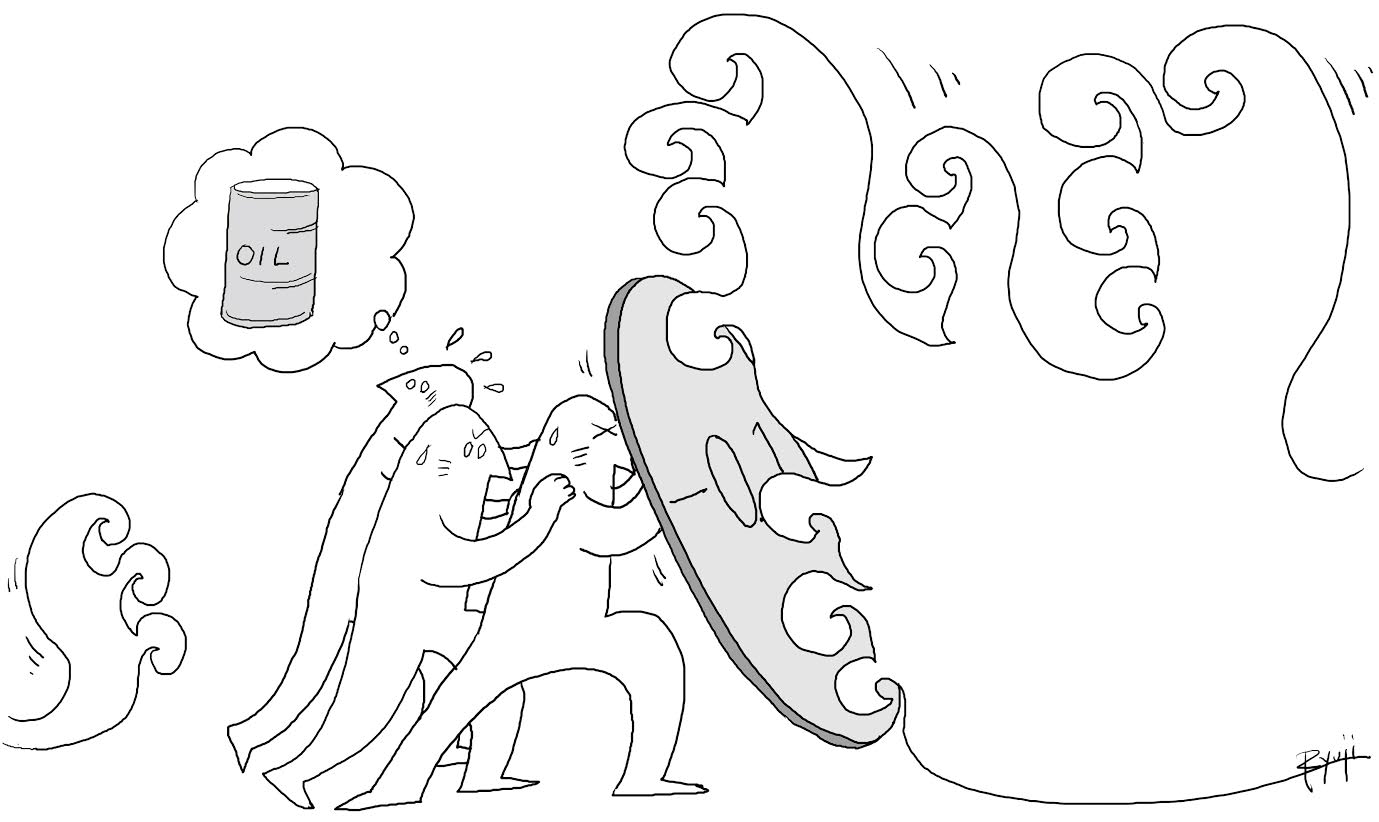At its monetary Policy Board meeting on Jan. 29, the Bank of Japan decided to reduce the interest rate applied to current account deposits that commercial banks have at the central bank in excess of a certain amount from 0.1 percent to minus 0.1 percent, in addition to maintaining its large-scale easy money policy of increasing the monetary base by ¥80 trillion per year. The decision was made by a narrow margin, with five of the Policy Board members casting affirmative votes and four negative.
After the meeting, BOJ Gov. Haruhiko Kuroda told reporters that the decision was aimed at preventing the risk of the global market confusion spreading to Japan. If necessary, he said, the bank will reduce the interest rate further.
Negative interest rates had been introduced by the European Central Bank and the central banks of several European countries. But there are widely diversified views as to their effectiveness.


















With your current subscription plan you can comment on stories. However, before writing your first comment, please create a display name in the Profile section of your subscriber account page.